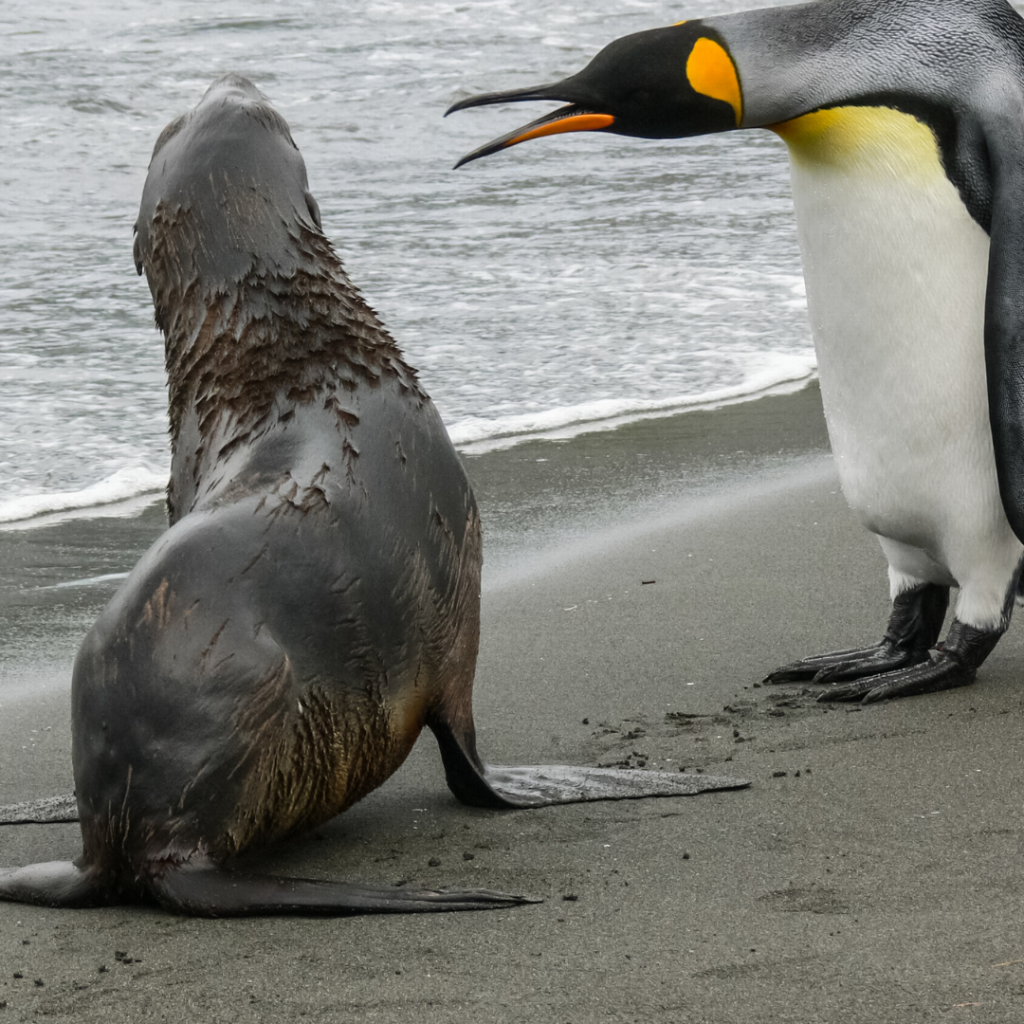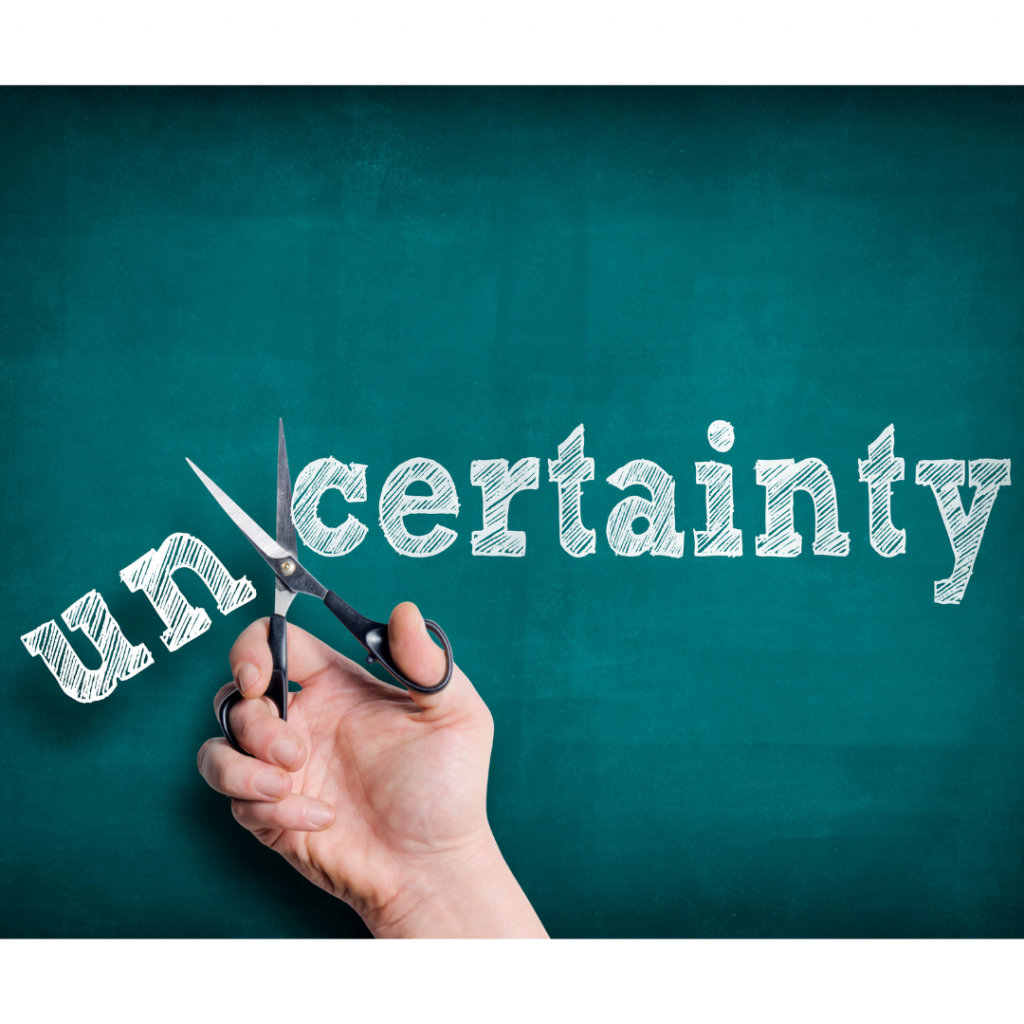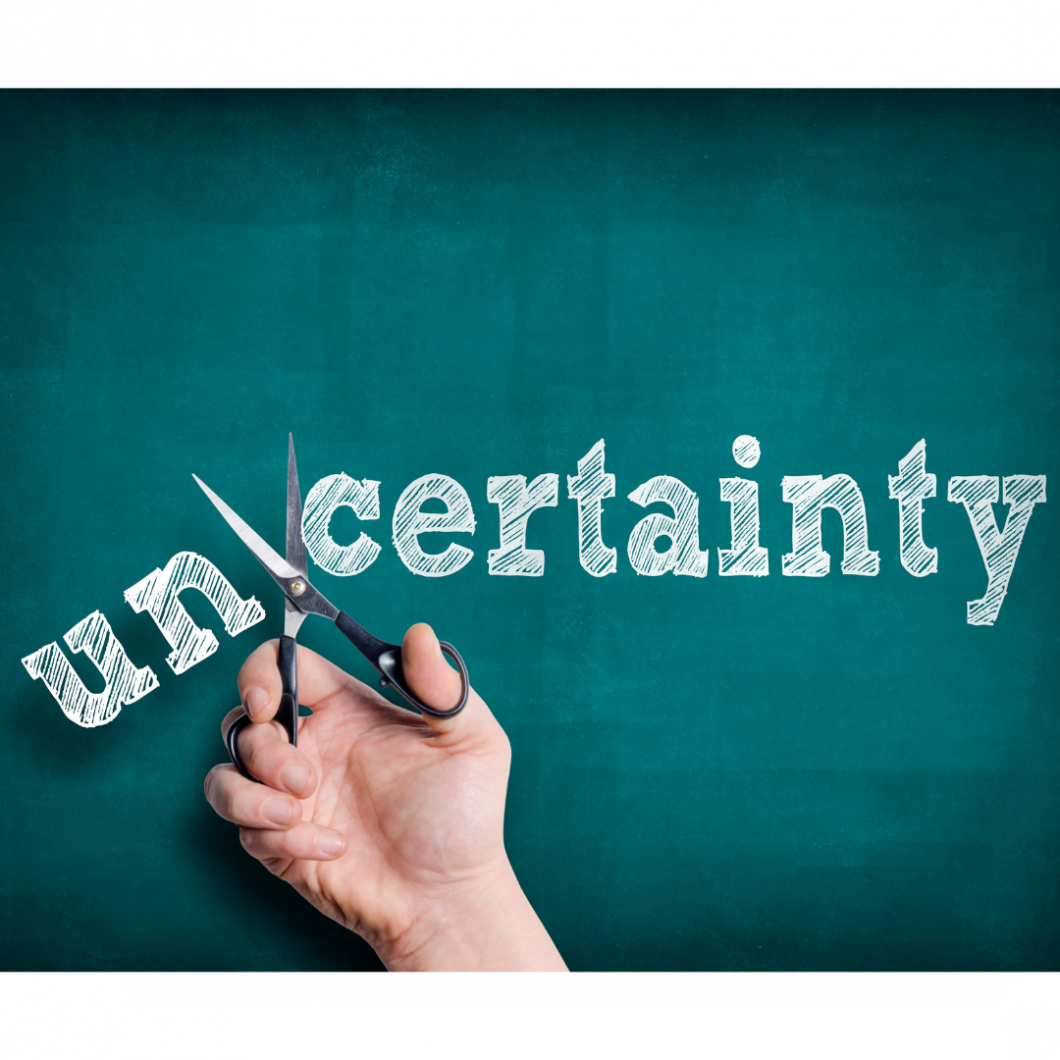One of the main things that keeps us stuck when struggling with OCD is the struggle itself. We are constantly demanding certainty from ourselves about the obsessions. Certainty that they aren’t tue, that they aren’t dangerous, that they’re eventually going to go, that the approach we are taking to manage them is the right one, that we are going to feel normal again.
Never Ending Struggle
This never ending struggle for certainty is an ingenious trap that keeps us lost in a near constant battle for peace. We are forever taking the bait, the outrageous lie that if we just keep thinking about it, we are going to figure it all out. It doesn’t matter how long you might have been struggling with OCD the same trap will continue to raise it’s ugly head unless we start to do things a little differently.
The Sneaky Penguin
Imagine a sneaky penguin and an out of shape seal playing a game of cat and mouse. We are bit like the seal that waits patiently on the ice for the more agile penguin to jump in the water. The seal is certain each time that it’s going to catch that pesky penguin, but despite it’s commitment to the cause the penguin always just manages to escape, not only this but to rub salt in the wound it tends to look back at the seal with a mocking smile, as if it’s goading it to try again next time.

The seal is never able to catch the penguin as it keeps playing the same predictable game and the penguin knows exactly what it needs to do in order to keep the seal stuck in this cycle. Of course, what the seal actually needs too do is to change the rule of the game, or even to play a new game altogether. Maybe it doesn’t have OCD and uncertainty, but it is struggling all the same.
Avoiding Discomfort
With OCD it’s the same. You may have spent many years avoiding discomfort, avoiding uncertainty, that it may seem impossible to see yourself doing anything else, but this simply isn’t the case. Whilst it’s true that we are creatures of habit, fortunately we always have the ability to change and to start doing things a little differently.
The simple, but challenging rule change that we need to make is to start inviting uncertainty into our lives. This is by no means easy. I’ve spent many years working on it and it has been a difficult journey with many ups and downs, but I am completely changed by my experiences. My habits of avoidance of discomfort and uncertainty have been systematically changed through exposure work, acceptance, breathwork, values, cold exposure and perhaps most of all, sheer determination to change.
The Urge To Figure It All Out
This is not to say that I am perfect, I still have days when OCD can catch me out a little, but they are becoming more and more rare. The problem with uncertainty for people with OCD is the intense feeling of anxiety that it produces. The urge to figure it all out is driven by that anxiety, that discomfort and this is actually where we need to focus our attention.

These feelings are not not the mythological beast that we have made them out to be. They are not the enemy, they are unpleasant yes, but I think it’s more helpful to think of them as a messenger. They are pointing to something that needs paying attention to.
Our modern life and culture seems to propagate the message that discomfort of any kind is bad, that we shouldn’t have to put up with things we don’t like or face challenges that we don’t choose for ourselves.
The message is that everything should be as hassle free and as comfortable as possible and if it’s not then something is wrong and you better figure out what it is. It isn’t surprising then that when we face challenges or things that make us feel uncertain, that we want get rid of them as soon as possible.
Growth Mindset
But this does us all a huge disservice as it’s the uncertainty and the discomfort that offers us the opportunity to learn and grow. In her work on developing a growth mindset, psychologist Carol Dweck calaims that ‘the passion for stretching yourself and sticking to it, even (or especially) when it’s not going well is the hallmark of the growth mindset. This is the mindset that allows people to throve during some of the most challenging times of their lives’.
Adopting this extremely positive growth mindset allows us to see OCD and the challenges it presents in a slightly different light. Rather than being an impassable obstacle the discomfort and urge to find certainty that OCD produces can be something to be explored. We are allowed to have OCD and uncertainty.
Rather than constantly moving towards certainty, we can start to put ourselves into uncertainty, with a willingness to explore whatever comes up and to not try and distract ourselves from it. If you think about it, this is actually what we do with exposure work, we move towards the discomfort that the obsessions produce whilst denying ourselves the opportunity to perform compulsions to reduce the ensuing anxiety.
Tolerating Uncertainty
By staying with the anxiety in this way, we begin to discover that actually we can deal with it, that it doesn’t stay at the same level and with enough time, it will pass. But we are not just limited to exposure. Other things that create discomfort can be valid approaches to getting comfortable with the uncomfortable. Things like safe and gradual cold exposure, public speaking, meditation, exercise.
All of these things can create that urge of avoidance in us. It may be different from the urge to find certainty in relation to obsessions, but they help to train the muscles we need in order to deal with uncertainty and that is getting comfortable with the uncomfortable or welcoming in difficult challenges.

The new habit that we need to develop is to ignore the call to comfort that we are endlessly given by the culture (although this isn’t to say that we should never be comfortable, of course we need comfort sometimes as well), but to seek out opportunities for us to grow through uncertainty.
Kindly Inform The OCD To Take A Hike
When the OCD is telling you that you need to figure it all out, can you kindly inform it that actually it’s ok to be uncertain. Can you respond to it by saying yes perhaps that is possible, or potentially that could happen. It’s important to point out here that by using this approach i’m not saying that you are agreeing with the thoughts, just simply that you recognise the impossible task of creating 100% certainty about things.
You are nto agreeing, you are just asserting that demanding 100% certainty is unfair and not at all self-compassionate. That in actual fact you can handle the uncertainty, no matter how small it may be and that in doing so, in jst allowing yourself to feel that uncertainty, you may surprise yourself as you suddenly become quite certain that the obsession is actually not something you need to worry about after all. OCD and uncertainty is something that you can deal with.
I apologise for the paradox involved in this approach, but as you will come to realise with your journey with OCD, there is a lot of paradox involved and in order to get better, first of all we have to let go of that constant urge to figure it all out.

